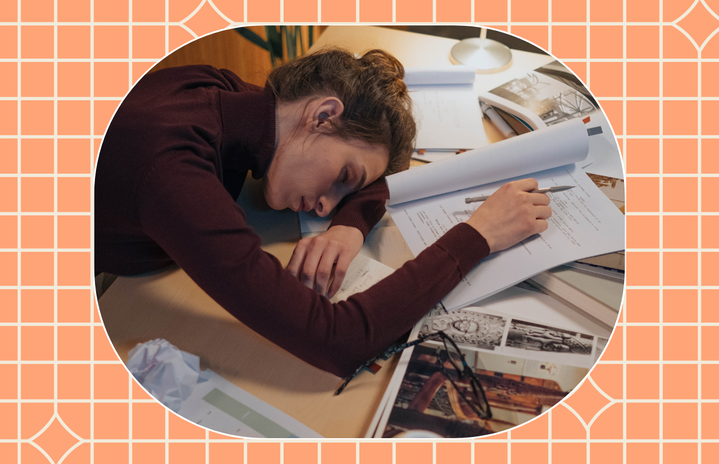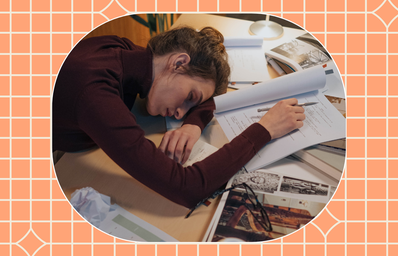What is imposter syndrome? What are the signs and impacts?
Imposter syndrome is the ongoing inability of a person to accept that their accomplishment is legitimately attained as a result of their own efforts or abilities. Many people encounter imposter syndrome, characterised by feelings of personal ineptitude and self-doubt that endure despite one’s education, experience, and accomplishments. You could find yourself working harder and setting higher goals for yourself as a way to combat these emotions. This term depicts a person who doubts their abilities and worries they will be exposed as a fraud. Many variables, including personal qualities and family history, may cause imposter syndrome. It can lead to negative coping strategies including work stress, as well as an increase in stress and low self-esteem. Although imposter syndrome is not a recognised mental health issue, it can still have an impact on your well-being. Imposter syndrome hinders one’s performance and may prevent one from excelling.
Who experiences imposter syndrome the most? How can one overcome imposter syndrome?
A study by KPMG LLG found the majority of executive women (around 75%), across a variety of industries acknowledged having experienced imposter syndrome or feelings of inadequacy and self-doubt at specific points in their careers.
Key observations from the study include:
- Eighty-five percent of women believe imposter syndrome is commonly experienced by women in corporate America.
- Seventy-four percent of executive women believe that their male counterparts do not experience feelings of self-doubt as much as female leaders do.
- Eighty-one percent believe they put more pressure on themselves not to fail than men do.
It is important to realise that you are not alone and that the majority of women have similar doubts. It is equally as important to talk to someone, whether it be a friend, family member, coworker, or mentor. Additional conclusions from the KPMG study were as follows:
- Nearly half (47%) of executive women say that their feelings of self-doubt result from having never expected to reach the level of success they have achieved.
- When asked which dynamics within the workplace were most valuable to help reduce feelings of imposter syndrome, 47% said answered having a supportive performance manager and 29% said feeling valued and being rewarded fairly.
- Due to a variety of external factors, 56% have been afraid that they won’t live up to expectations or that people around them will not believe they are as capable as expected.
- To overcome imposter syndrome, 72% of executive women looked to the advice of a mentor or trusted advisor when doubting their abilities to take on new roles.
- Fifty-four percent of executive women agreed that the more successful they become, the lonelier it gets at the top because they enter new peer groups. Whilst 32% of women identified with imposter syndrome because they did not know others in a similar place to them either personally or professionally.
For more information on this case study carried out by KPMG use the following link:
Here are some things I am currently doing to overcome my imposter syndrome:
- Identifying the signs allows you to record the self-doubt moments and how you are feeling at that particular moment.
- When I start to doubt and question myself, I find it helpful to talk to my friends and family about it.
- Journaling: By writing down your strengths and achievements, you can be reminded of what you excel in whilst bolstering your self-assurance and drive by reflecting on all the achievements you have made so far in your life.

